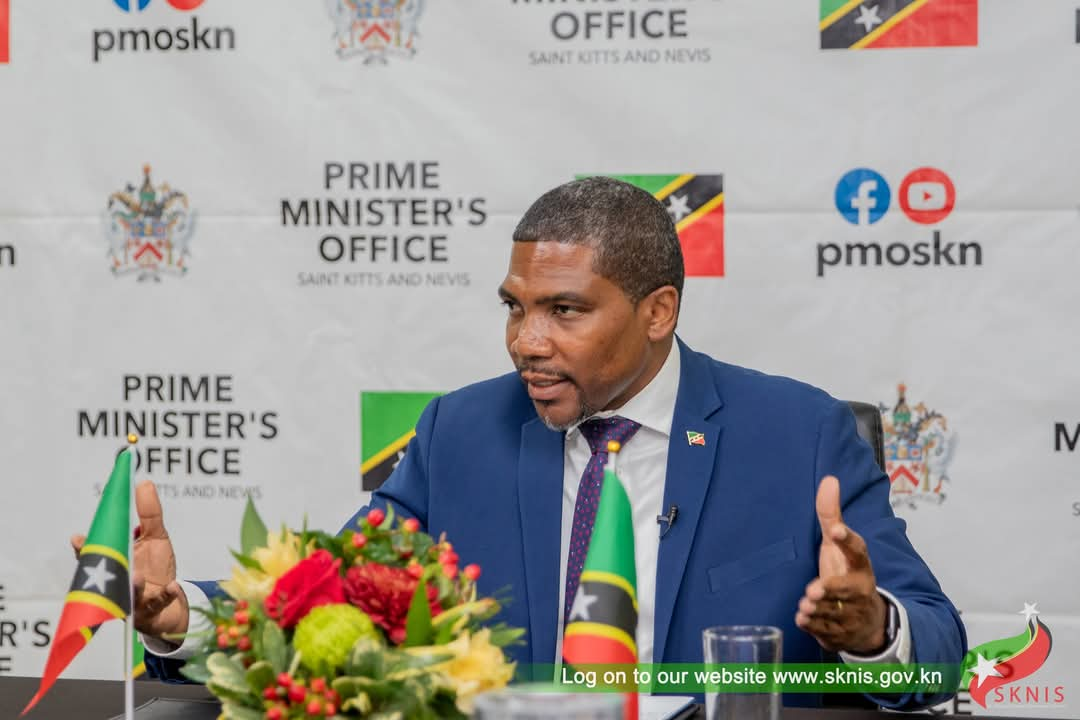St. Kitts and Nevis Boosts Education Budget and Unveils Citizen Empowerment Initiatives
The government of St. Kitts and Nevis has embarked on an ambitious mission to transform its nation into a beacon of education and entrepreneurship, firmly believing that these twin pillars are the bedrock of national development and individual prosperity. This commitment is manifest in the substantial and consistent increases in the national budget allocated to education, demonstrating a deep-seated recognition of its transformative power. From early childhood education through to tertiary levels, the government is investing heavily to equip its citizens with the knowledge, skills, and resources needed to thrive in the 21st century. This proactive approach aims to create a virtuous cycle where education fosters economic empowerment, leading to a more prosperous and dynamic society.
The upward trajectory of the education budget speaks volumes about the government’s priorities. From EC $93 million in 2023 to $97 million in 2024, the allocation has witnessed a remarkable surge to $120 million in 2025. This significant increase represents more than just a financial commitment; it embodies a vision of a nation where education is accessible to all, regardless of socioeconomic background. By removing financial barriers, the government is striving to ensure that every child has the opportunity to reach their full potential, contributing to a more inclusive and equitable society. This substantial investment reflects the government’s conviction that education is not merely an expenditure, but rather a strategic investment in the future of St. Kitts and Nevis.
The government’s commitment to free education, spanning from preschool to university, is a testament to its unwavering belief in the power of knowledge and skills development. The provision of free secondary and tertiary education eliminates a significant financial burden on families, enabling more young people to pursue higher learning and acquire the qualifications needed to compete in the global marketplace. While preschool is not universally free, it is heavily subsidized, making it accessible to a broader segment of the population. This comprehensive approach to educational access underscores the government’s dedication to nurturing human capital from the earliest stages of development, thereby laying the foundation for a more skilled and competitive workforce.
Beyond simply providing access to education, the government is also actively facilitating pathways to higher learning. Initiatives such as expanded financial assistance for economic costs associated with tertiary education and a commitment to supportive lending practices by the St. Kitts and Nevis Development Bank demonstrate a holistic approach to educational empowerment. Recognizing that financial constraints can often hinder access to higher education, the government is actively working to remove these barriers, fostering a culture of lifelong learning and creating opportunities for individuals to enhance their skills and knowledge throughout their lives. This multifaceted approach acknowledges that access to education requires not just the removal of tuition fees, but also support for the associated costs of living and studying.
Recognizing the vital link between education and economic empowerment, the government has launched several initiatives to promote entrepreneurship. The Small Business Facility, funded by the central government through the St. Kitts and Nevis Development Bank, is designed to provide crucial financial support and opportunities to aspiring entrepreneurs. This initiative empowers individuals to translate their skills and knowledge into viable businesses, contributing to economic growth and diversification. By providing access to capital and resources, the government is fostering a vibrant entrepreneurial ecosystem, creating jobs and driving innovation within the local economy.
Furthermore, the government’s innovative ASPIRE Programme, launched in November 2024, is a groundbreaking initiative focused on equipping young people with essential financial literacy skills. This program goes beyond traditional financial education, offering practical training in money management, budgeting, and starting a small business. The program’s unique feature of providing young participants with savings accounts and opportunities to invest in companies through share purchases fosters a culture of financial responsibility and wealth creation from an early age. This early exposure to financial markets and investment strategies equips young people with the tools and knowledge to build a strong financial foundation for their future.
The ASPIRE Programme, touted as unique in the Caribbean and possibly the Western Hemisphere, aims to reach 10.5 million young people, highlighting its ambition and scope. By empowering young people with financial literacy and investment opportunities, the program instills a sense of ownership and agency in their financial futures. This proactive approach to financial education not only equips young people with essential life skills but also cultivates a generation of financially savvy individuals who are prepared to contribute to the nation’s economic prosperity.
In essence, the government of St. Kitts and Nevis is pursuing a comprehensive strategy to empower its citizens through education and entrepreneurship. By investing heavily in education at all levels, removing financial barriers to higher learning, and fostering a culture of entrepreneurship, the government is laying the foundation for a brighter future. The combined efforts of these initiatives create a synergistic effect, where education fuels economic empowerment, and entrepreneurship drives economic growth and diversification. These strategic investments reflect the government’s long-term vision for a more educated, financially literate, and economically vibrant nation, where every citizen has the opportunity to reach their full potential and contribute to the collective prosperity of St. Kitts and Nevis.
Share this content:












Post Comment